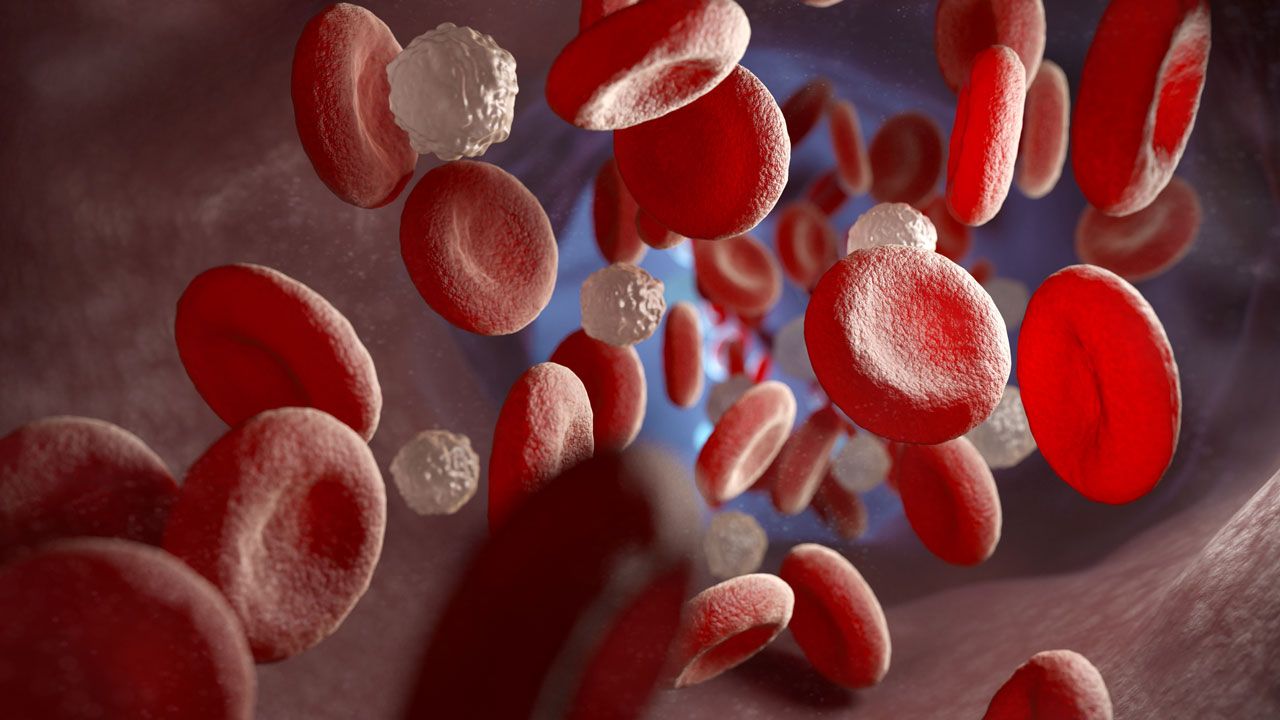
Current status and challenges of the plasma-derived therapies industry
Blood derivatives are products extracted from human plasma, which are manufactured mainly by fractionation, and this product is also known as plasma-derived therapy. The process of fractionation is the separation of relevant proteins such as human fibrinogen from plasma. Human blood contains water, salts, antibodies, enzymes and proteins. Plasma-derived products are used to treat a wide range of diseases such as bleeding disorders, inhibitor deficiencies, and primary and secondary immune deficiencies.
FPP and plasma-derived products are two important components of the pharmaceutical field, and blood derivatives have led to the treatment of tens of thousands of patients. According to incomplete statistics, blood products can be used to treat more than five thousand rare diseases, all of which can be treated with plasma-derived therapy, the most widely used of which are hemophilia and primary immunodeficiency. Patients who receive plasma-derived therapy are better able to manage their diseases and live longer. For some rare diseases, despite the availability of alternative recombinant therapies, blood derivatives are still the key to proper treatment. There are two main reasons for this: firstly, there are diseases for which there is no alternative therapy, i.e., they can not be cured by some regular FPP or any alternative therapy other than plasma-derived therapy, and then blood derivatives are the only option for patients; secondly, the existence of a specific recombinant therapy dose not mean such recombinant therapy is available on the market. Of course, there is no one-size-fits-all treatment for rare diseases, and the more treatment options available to patients, the better.
 Blood preparations have good economic benefits
Blood preparations have good economic benefits
The blood derivatives industry can support the economy in a direct or indirect way. The direct economic effect involves the plasma products production industry and the indirect economic effect involves the distributors and intermediaries of the blood preparation industry such as plasma collection centers, cleaning companies and IT solution providers. Each of the segments involved in the plasma derivatives industry has a strong direct or indirect economic impact on the economy while providing a large number of jobs in the labor market, and the blood product preparation industry also contributes to virtuous circle of the pharmaceutical market.
But the industry is not without its risks. The greatest risk to the blood formulation and plasma formulation industry is the lack of plasma supply, i.e., the mismatch between the supply of plasma and the growing demand for plasma-derived products. The demand for plasma-derived therapies is currently increasing in the international medical market, which is driving an increased demand for plasma fractionation. Although the existence of recombinant therapies and other alternative FPP for certain diseases has been mentioned above, the overall medical market demand for fractionated plasma is still increasing.
When the demand for plasma-derived therapies increases, the industry is unable to immediately provide the capacity corresponding to the demand. More importantly, due to the specificity of the industry, the plasma preparation industry has been subject to various restrictions and its marketization is relatively low, which has resulted in a higher entry barrier to the industry compared to other pharmaceutical fields. When domestic plasma preparations are in short supply, importing preparations from abroad becomes the only way out, and the development of the international plasma preparation and blood preparation industry shows an oligarchic trend. In recent years, China’s plasma preparation industry has been growing rapidly and relying on the huge domestic demand and population, the Chinese blood preparation industry will invest more in R&D, establish more stringent quality standards, and conduct more in-depth academic exchanges with international plasma preparation industry experts to provide better quality plasma-derived products and FPP for the international market.



